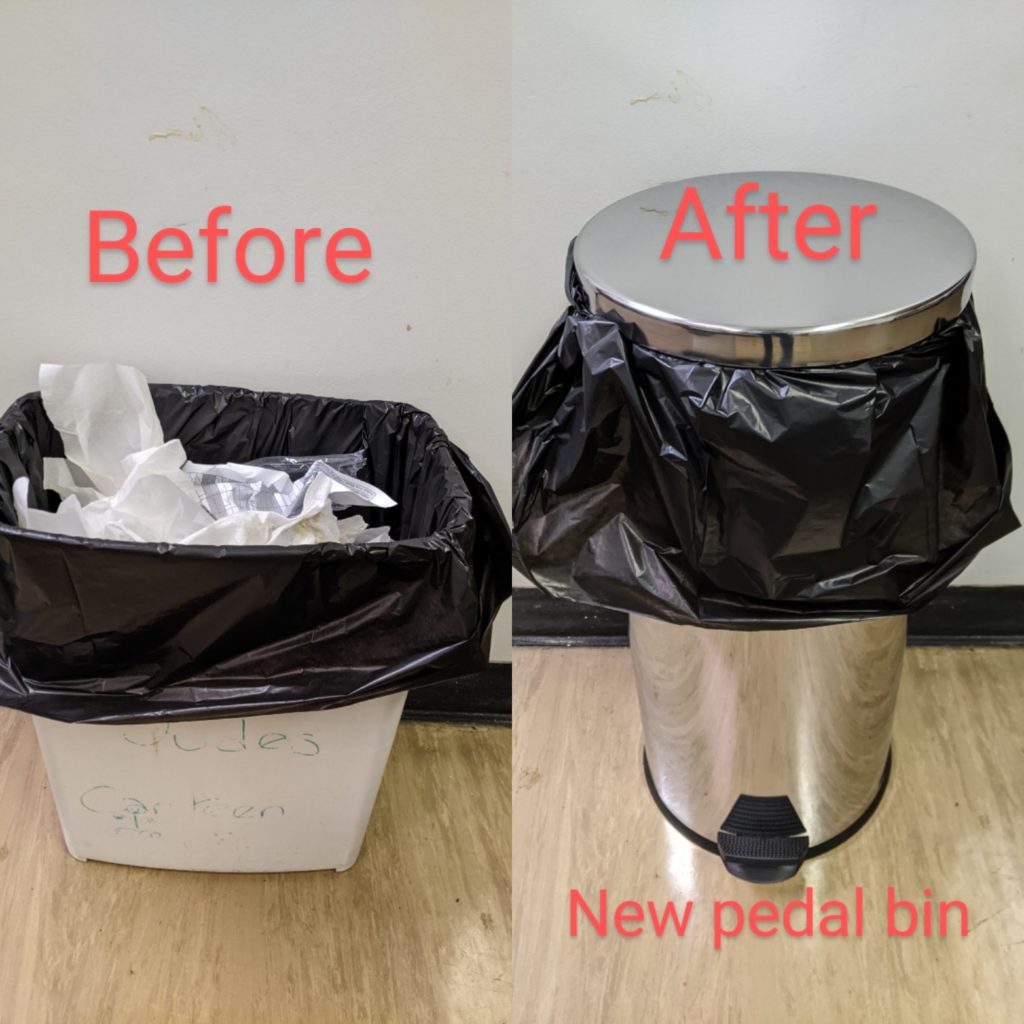“The Queensland Association of School Tuckshops (QAST) is very pleased that the Queensland Government has committed $49 million in the past two years for school playground and tuckshop upgrades,” QAST Senior Projects Manager, Deanne Wooden told EducationDaily. “Whilst this seems an enormous amount of money, at this stage only 40 schools are receiving upgrades to their tuckshops.”
But with more than 1450 schools with tuckshops in Queensland, including many that have not been upgraded in several years, Ms Wooden says there needs “to be a lot more investment to ensure tuckshop facilities are up to scratch from a food safety perspective”.
“Many also struggle to prepare healthy, tuckshop-made meals, due to lack of equipment and adequate space for preparation and cooking,” she says.
Currently in Queensland, state school tuckshops are not bound by the Food Act 2006. This means that they do not need to have a food licence and are not required by law to have a Food Safety Supervisor on site. It also means that the recent changes with the introduction of National Food Safety Standard, 3.2.2A – Food Safety Management Tools across Australia does not apply to state school tuckshops in Queensland.
“The purpose of the new standard is to reduce the rate of foodborne illnesses linked to poor handling of food in food service, catering and retail food businesses – including school canteens – but Queensland misses out on this safeguard,” Ms Wooden told EducationDaily.

“We know that healthy school tuckshops are a high priority for Queensland parents,” she says. “Tuckshop is no longer just a treat; for many it is a necessity.”
New research has shown that 88 per cent of parents believe it is important that school tuckshops offer healthy food and drink options to children. Health and Wellbeing Queensland’s recent research report, Eating out in Queensland: Understanding the drivers behind food choice, showed that 39 per cent of respondents reported ordering from the tuckshop once a week or more, while 65 per cent use the service on a monthly basis.
“With more than 870,000 children currently enrolled in government and non-government schools across Queensland, based on this research, we can comfortably assume that hundreds of thousands of families are relying on their school tuckshop at least once a week to feed their children,” Ms Wooden says.
Queensland parents, she says, need to have access to tuckshop food that is nutritious, appealing and affordable.
“As the cost of living goes up, tuckshops are an essential service for busy families who may not have the ingredients at home to prepare a healthy lunch for their children.”
Funding for schools in Western Australia has a focus on healthy eating
Ensuring safe food in school canteens
Everyone working with food in schools, says Ms Sauzier, has a personal responsibility to handle food safely and understand their legal responsibilities around the new National Food Safety Standard and, with support and training from WASCA, parent canteen volunteers can feel confident they are meeting critical compliance.
Following a recent training session, the Canteen Supervisor from WA’s St Benedict’s School took action for improved food safety operations, including creating a food safety information board for staff and volunteers to see, and replacing bins.

Managing food allergies in school canteens
Research shows that one in 10 babies, one in 20 young teens and one in 50 adults have food allergies. Most schools have many children who have been diagnosed with a potentially life-threatening food allergy. School canteens can make food selection from the canteen a safer, positive experience for students with food allergy. According to the National Allergy Council key strategies for school canteens include:
- Having good cleaning practices
- Storing food appropriately
- Preventing cross-contamination
- Separation of spaces and time when preparing food
- Serving food appropriately.
While the latest funding news is a win for some Queensland and Western Australian schools now able to access important training, or refurbish tired old tuckshops and canteens to meet food safety standards, many schools are hoping they may be next in line – to help them deliver the fresh, healthy food that is so important to maintain and nurture the active minds and bodies of young Australian students.











